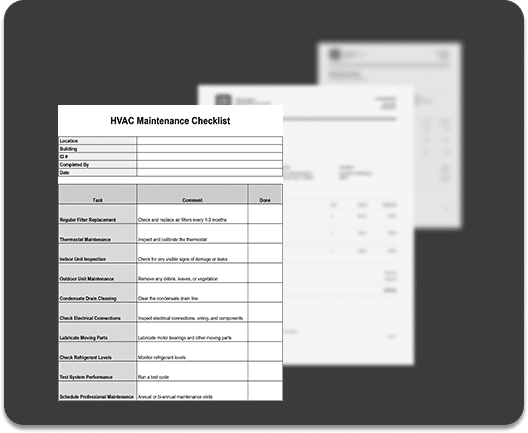 Elizabeth Blakelock and John Turnpenny
Elizabeth Blakelock and John Turnpenny
Politicians in Great Britain are severely constrained when it comes to influencing the energy system. This is largely because decision making has been delegated – away from elected representatives to technical experts, and, specifically in the case of energy markets, to the regulator, Ofgem (the Office of Gas and Electricity Markets). Although legislation can attempt to shape Ofgem’s work, the impact of attempts to do so have been mixed at best.
The mechanism to ensure that Ofgem is a legitimate rule maker rests on its ability to reach meaningfully beyond its offices to deliver fair access to rule making processes and transparent evaluation of the outcomes of its decisions. In our recent article in Policy & Politics, we show how the tools adopted to deliver this fair access had significant limitations. These limitations pose a significant challenge to the argument that Ofgem is ready to play its role in recovering from the existing crisis or delivering a just transition to a net zero society.
Those familiar with the work of Ofgem may be surprised to read the assertion that fair access is limited, despite Ofgem making extensive use of participatory tools, especially stakeholder consultations and participatory focus groups. These are the two policy-making tools at the top of any list of recommendations for gathering diverse ideas and ensuring the voices of the public are heard.
It is certainly true that both of these tools have a large impact on the procedures within Ofgem. For example, stakeholder consultations in the period analysed included responses from a huge range of voices from across society. But it is also clear that there are significant resource inequalities between stakeholders. Well-resourced firms, as one interviewee in this research, put it, “resource up”. Smaller organisations and individual members of the public are far less likely to have the ability to dedicate the time and energy to navigating the often complex stakeholder consultation process. This is not only a concern for those of us concerned about traditional economic regulators. It also poses a concern against the backdrop of a consistent reporting of mistrust of energy firms by the public.
Deliberative focus groups have also had an impact – up to a point. They blazed a trail for economic regulators across the globe by putting consumer voices at the heart of conversations between experts within the regulator. Ofgem’s “Consumer First” research programme enabled members of the public to engage directly with decision-makers and provide exceptional insight into their issues of concern. However, tracing the impact of this insight makes for disappointing reading. When decisions were made that would impact the operation of the energy market, Ofgem did not draw on insight from engaging with the public. Instead, existing assumptions from traditional economic regulation consistently held sway. So, again, ideas from public engagement failed to have an impact on outcomes. Documentary evidence and elite interviews revealed the only ideas with power within decision making were those regarding the technical operation of competitive markets. As one interviewee articulated it:
“If we could frame them as competition policy issues then they are much more likely to be tackled. Because then [our concerns] would be regarded by them [Ofgem] as genuine.”
Ultimately, the enormous opportunity provided by these participatory tools was rarely taken up when it came to decisions that made an impact on the energy market. Instead, the passionate debates based on voices from outside the regulator remained conversations, not action. This meant that the effects were procedural rather than substantive: although the participatory tools were adopted and made up a significant part of decision-making procedures, they failed to translate engagement by citizens or their representatives into regulatory policy that impacted the energy market. These findings show clearly the inequalities of influence between different policy actors pose a significant challenge to the legitimacy of the regulator.
You can read the original research in Policy & Politics:
Elizabeth Blakelock and John Turnpenny (2002). The impact of participatory policy formulation on regulatory legitimacy: the case of Great Britain’s Office of Gas and Electricity Markets (Ofgem) Policy & Politics.
DOI: https://doi.org/10.1332/030557321X16510710879298
If you enjoyed this blog post, you may also be interested to read:
Brexit implications for sustainable energy in the UK
How Can Governments Tax Multinational Enterprises More Fairly? A Discourse Analysis
The limits to the internationalisation of regulation: divergent enforcement strategies in China’s food safety regulation
The views and opinions expressed on this blog site are solely those of the original blog post authors and other contributors. These views and opinions do not necessarily represent those of Policy & Politics, the Policy Press and/or any/all contributors to this site.



















